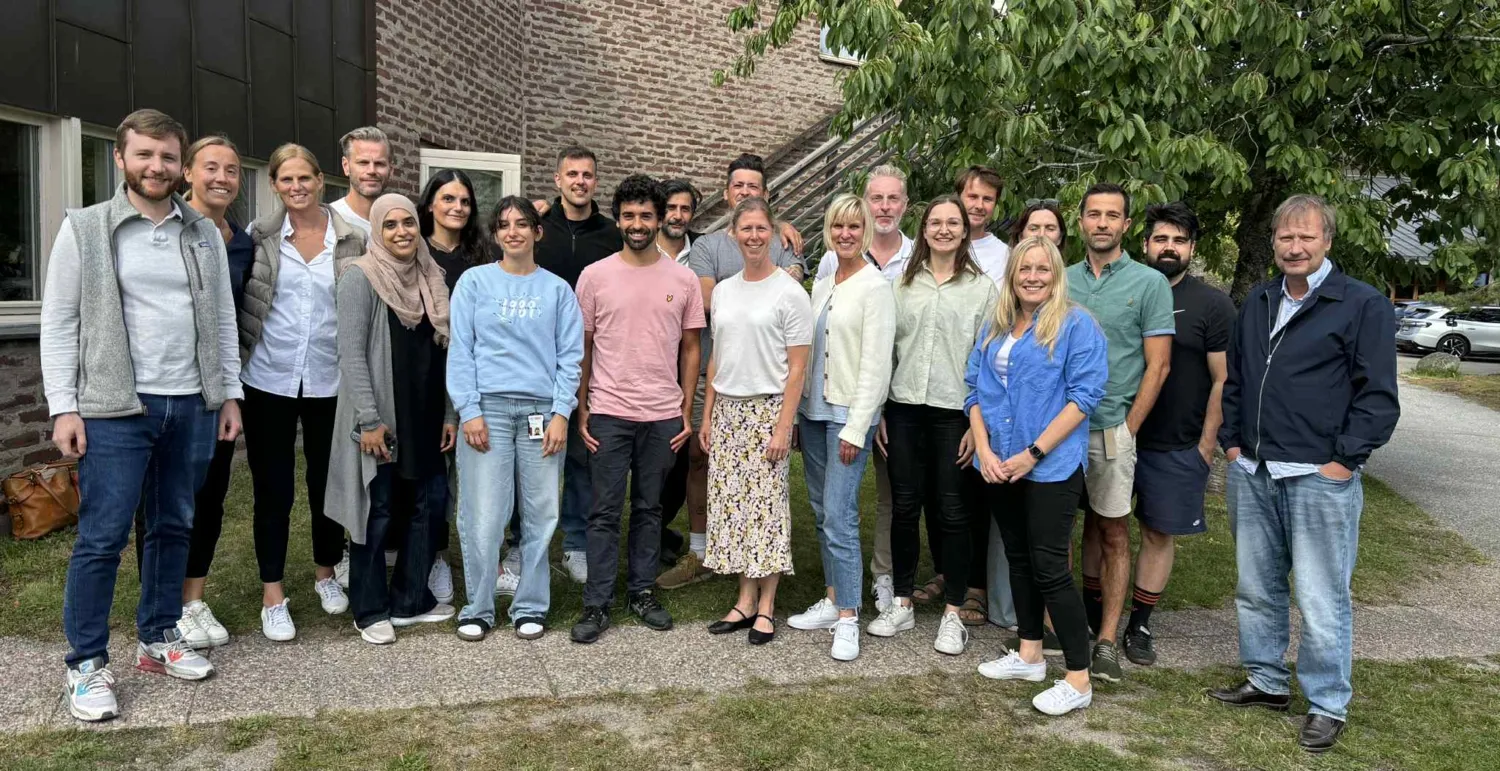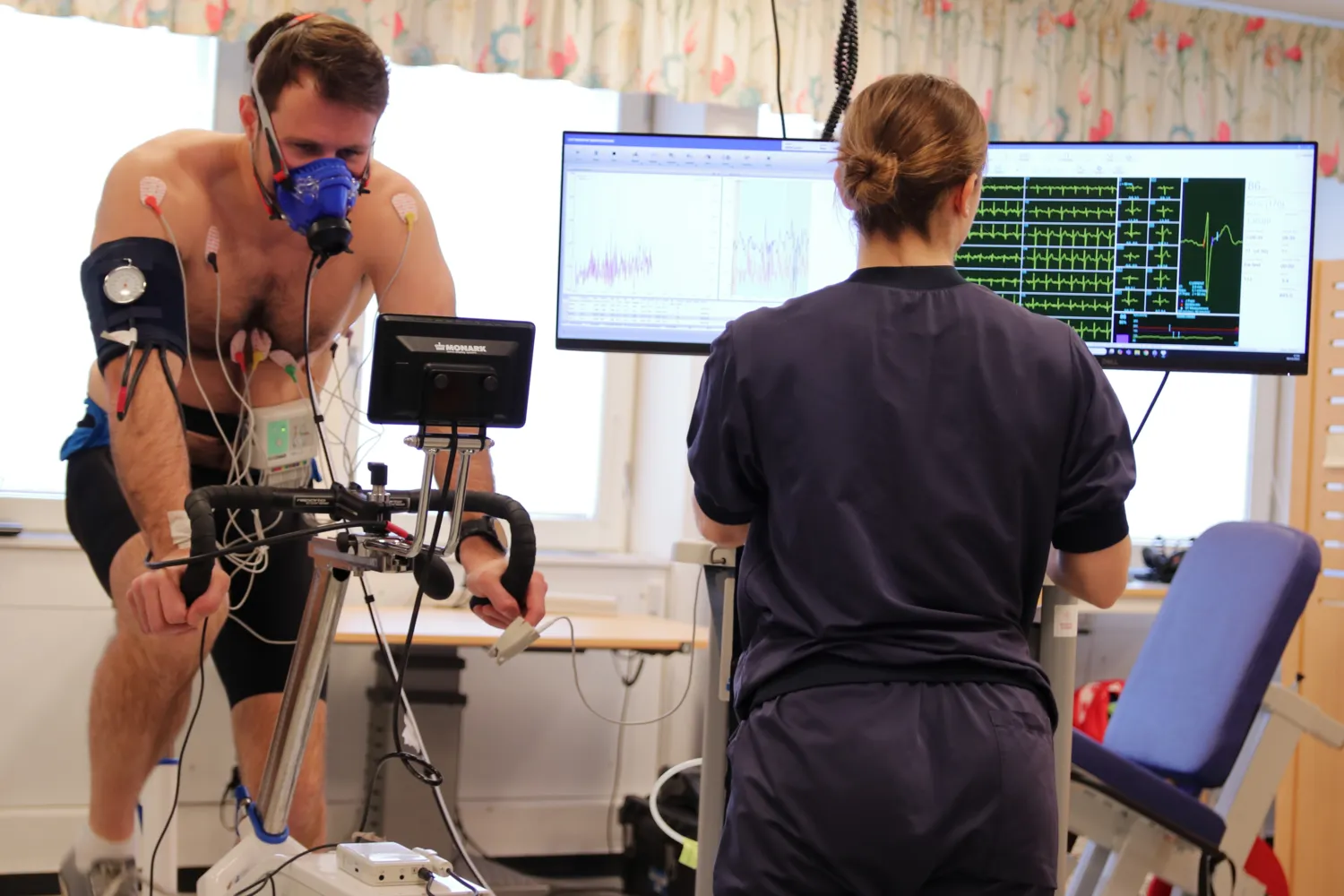
Our research
At the Division of Clinical Physiology at Karolinska Institutet, we address the growing challenge of non-communicable diseases through comprehensive research into human physiological function. Our approach integrates clinical diagnostics, physiological measurements, and molecular analyses of human tissues – creating a powerful bridge between laboratory discoveries and clinical applications.
We specialize in investigating the skeletal muscle as a key determinant of whole-body physiology and its interactions with the cardiovascular, immune, and neuromuscular systems in the context of physical capacity, health, and disease progression. Our diagnostic and research capabilities allow us to examine both systemic and intrinsic factors including sex differences and hormonal influences, inflammatory responses, lifestyle impacts, physiological adaptations to exercise and inactivity, nutrition, and microgravity. This knowledge informs therapeutic interventions in conditions such as aging-related decline, heart failure, and cancer, and contributes to evidence-based advancements in sports and exercise science, ultimately enhancing health, performance, and quality of life.
Our research spans from assessments of physical capacity, cardiovascular and neuromuscular function to molecular techniques and bioinformatics analysis of blood, tissue samples, and primary cell cultures. We continually develop innovative in vivo methods to study human physiology, alongside specialized molecular tools and novel therapeutic approaches like targeted protein degradation.
Our work involves strong collaborations between preclinical researchers and clinical practitioners while aiming to translate scientific discoveries into improved patient care. We maintain strong partnerships with Karolinska University Hospital's Unit of Clinical Physiology, multiple departments across Karolinska Institutet, and several leading international universities.
Human Physiology Lab
 Photo: Elisa Heyrman
Photo: Elisa HeyrmanHuman Physiology Lab
The Human Physiology Laboratory, which is run by the Division of Clinical Physiology within the Department of Laboratory Medicine in Huddinge, offers extensive research opportunities. The facility has state-of-the-art equipment and methods for invasive and non-invasive assessment of human physiological functions. The laboratory specializes in experimental studies and measurements and has particular expertise in skeletal muscle and cardiovascular physiology.
